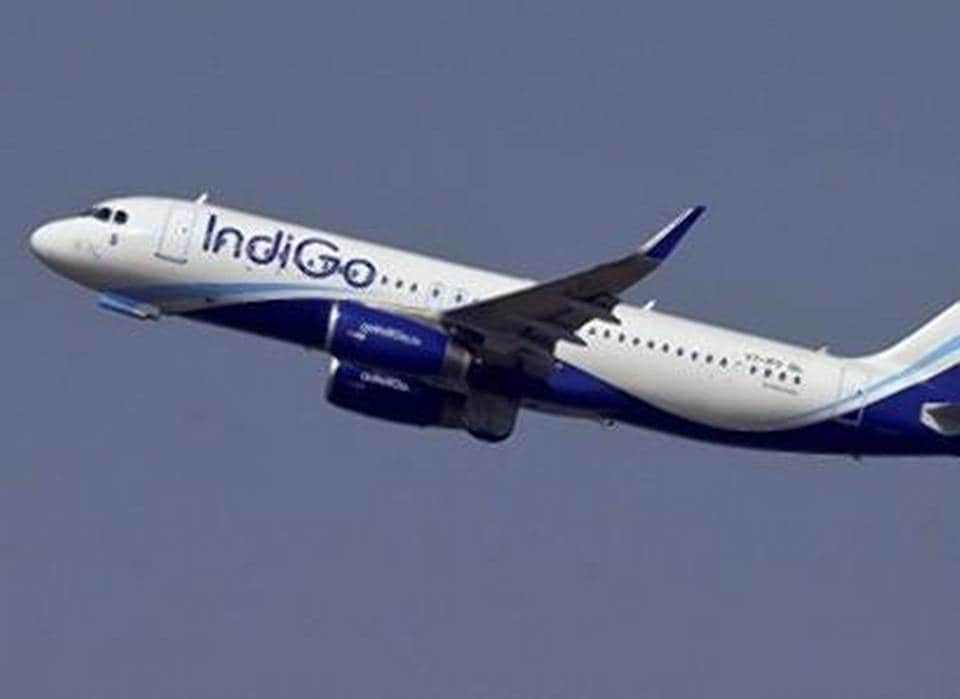There have been 69 instances of engine failure of Airbus A320neo aircraft operated by IndiGo in 2018, according to the data available from the Directorate-General of Civil Aviation.
The data, contained in a January 8 note issued by the Ministry of Civil Aviation, show there have been 12 instances of failure of the Integrated Standby Instrument System since the aircraft with the Pratt & Whitney PW1100G engines were inducted in 2016. The instrument system is meant to be a backup in case of a failure in the cockpit instrument system. It is designed to operate as reliably and independently as possible from the main instrument system.
Ministry officials said 42 of the engine failures pertained to oil chips that play a role in early warning. This was followed by 21 instances of distress in the combustion chamber, three cases of problem with the Fan Drive Gear System and one each of oil leak from the bearings and the engine stall, and high engine vibration.
In India, IndiGo and Go Air operate the Airbus A320neo with the Pratt & Whitney PW1100G engines. Air India and Vistara have Airbus 320neo aircraft with CFM Leap 1A engines. The DGCA on Thursday barred IndiGo and Go Air from operating A320neo planes to Port Blair, because the nearest landing place in an emergency is more than one hour away.
On January 8, the Ministry reviewed the performance of A320neos with the identified version of Pratt & Whitney engines and decided to issue directives, besides the existing measures for the combustion chambers and Number 3 bearing issues, for identifying and correcting impending failures of dry face seal. The two carriers were asked to carry out inspections of the Pratt & Whitney-PW1100G engines, including a weekly inspection of the third stage LPT blade.


